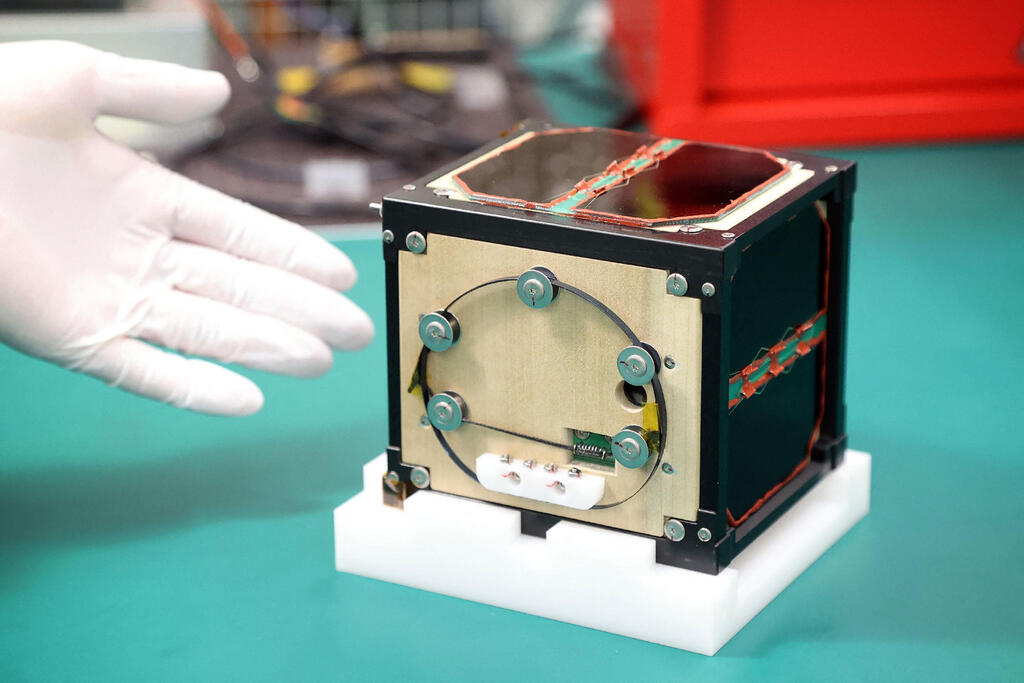Getting your Trinity Audio player ready...
Japanese researchers have developed the world's first wooden satellite, named LignoSat, a 10-centimeter cube made of magnolia wood and partial aluminum framing, weighing around 1 kilogram.
The experimental satellite, expected to be launched into space in September on a SpaceX rocket, is designed to burn up completely upon re-entering the atmosphere, potentially reducing the generation of metal waste from satellite re-entries.
1 View gallery


World's first wooden satellite LignoSat shown during a press conference at Kyoto University in Kyoto on May 28, 2024
(Photo: JIJI PRESS / AFP)
The creators believe that wood could be used for human habitats in space in the future.
The development of the spacecraft began in April 2020, and it demonstrated stability and resistance to cracking during experiments on the International Space Station (ISS).
After being released from the Japanese ISS experiment module, the satellite will be tested for strength and durability. Data from the satellite will be monitored for signs of strain and temperature changes.
This article was written in collaboration with Generative AI news company Alchemiq
Sources: CBS News, Futurism, Mashable ME, Times of India, Yahoo News, and Science Alert

